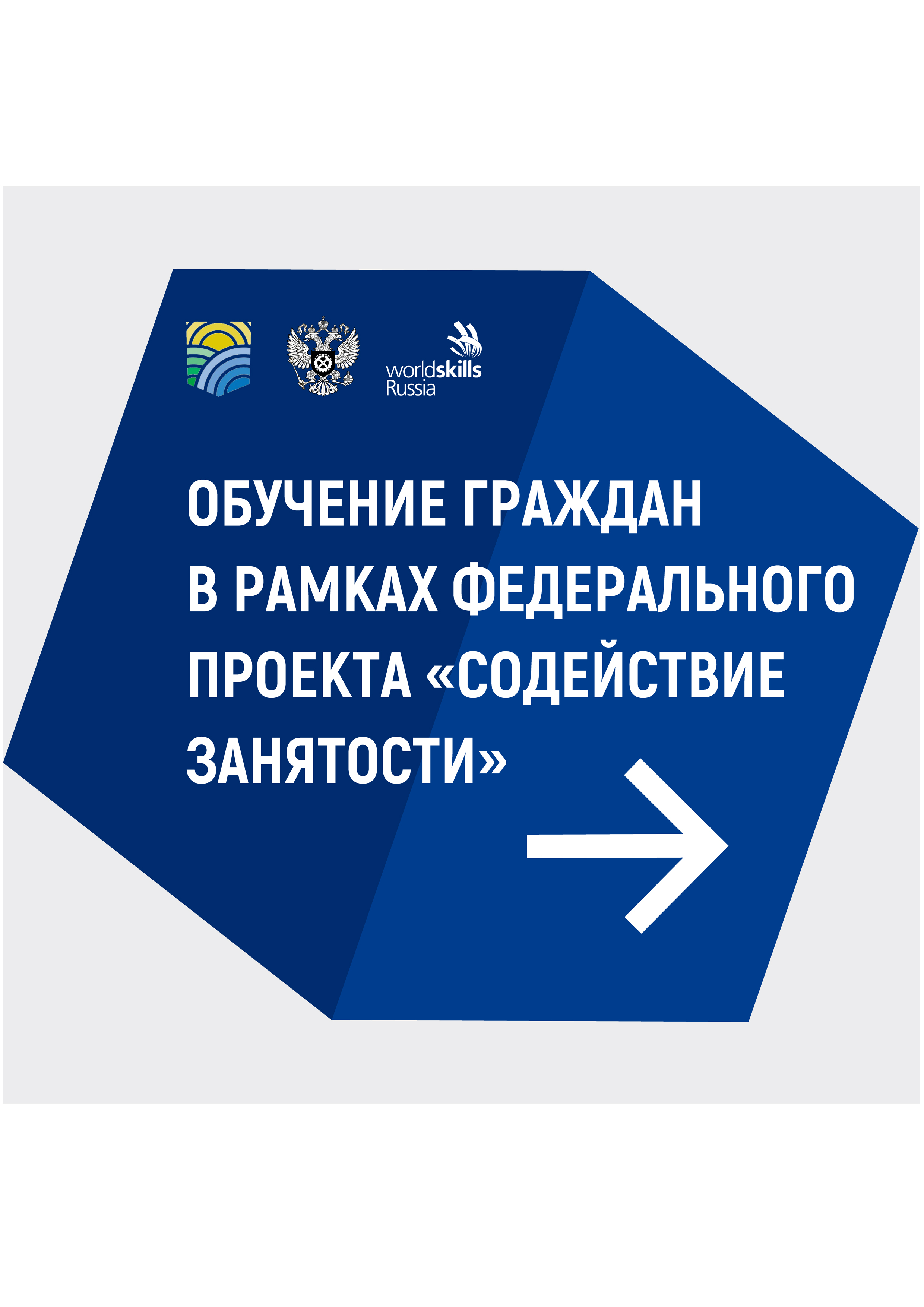What Is Personal Injury Legal?
You may be eligible for compensation if injured as a result of negligence or wrongdoings of a person. Personal injury law focuses on tort law and civil law.
In order to win a lawsuit, you must establish that the defendant was negligent and the negligence led to your injuries. The court will then award you damages to pay for your suffering and pain and income loss and medical expenses.
Duty of care
Duty of care is among the most fundamental legal concepts in the field of personal injury law. This concept is used to determine if an individual is accountable for causing an injury to someone else.
This is an important concept to understand because it can aid you in determining if you can submit a claim to compensation against a person who was responsible for your injuries. This is especially relevant in instances such as collisions with cars, workplace accidents and slip and fall.
A duty of care is a legal obligation one must fulfill to safeguard others from harm. This legal standard is applicable to all situations.
It is also a legal standard that applies to medical professionals. Medical professionals who fail to comply with this standard could be held accountable for injuries suffered by their patients.
This legal term is interpreted in many different ways, depending on the particular scenario. If the doctor diagnoses patients suffering from an rash that progresses into an infection, he’s responsible for the injuries suffered by the patient and is responsible for any damages.
Another way to think about the duty of care from the perspective of businesses. Coffee shops that don’t put a rug next to the entrance could allow water to build up and cause slips and falls. This could lead to a personal injury lawsuit against the coffee shop.
The duty of care is a fundamental concept in any personal injury lawsuit and must be understood by those involved in these claims. A competent attorney is vital in establishing a solid case in any lawsuit that involves negligence.
To prove negligence in a personal injuries case there are three main questions you must answer. The first question is whether the defendant owes an obligation of care. The second question is whether the defendant breached his duty of care and the third is whether the victim’s injury was caused by the defendant’s actions.
Breach of duty
A duty is a legal obligation that people owe to others. In personal injury cases it is possible for a person to be held accountable for negligence if they have violated this obligation. This could happen in a variety of situations such as driving or keeping premises safe for guests.
A duty of care is generally a legal expectation that one person will exercise care to not harm another. It could apply to anyone, such as drivers, property owners or medical professional.
Breach of duty is one of the four legal elements that must be proved in the case of negligence. To prove that another party violated their duty of care, you need to show they did not act with the level of care reasonable people would employ in a similar circumstance.
This is done by comparing their behavior with the standard that jurors have determined is reasonable for people who are reasonable. This standard differs from state to state.
You can also establish a duty of diligence by showing the defendant breached the safety law or statute such as traffic laws or a child restraint law. These laws are designed to protect the public from injury and prevent future ones so anyone who violates them is negligent.
You may also prove that negligence by the other party led to your injuries. This means you must show that the breach of duty directly led to your injuries and the damages you sustained.
For instance, if are hit by a car at a red light and you decide to pursue a personal injury lawsuit against the defendant for their actions, you must to to show that their breach of the duty of care directly led to your injuries. For instance, if are struck by the same vehicle while riding your bicycle on a pothole, you will need to be able to prove the defendant was running the red light at the same time.
While breach of duty may be used in personal injury cases as one of the legal elements, it’s not always enough to be able to recover damages. You also need to be able to prove the breach of duty was a direct, proximate cause of your injuries.
Causation
The plaintiff must demonstrate that the defendant owed an obligation of care to them and they violated that duty when filing a personal injury lawsuit. They must be able to demonstrate that the defendant acted in breach of their duty and caused the injuries.
A victim must prove that they are the primary cause of the negligence claim. They will be awarded compensation for their injuries if they can prove that causation was true. A reputable attorney will explain the legal principles of causation to the party who suffered and ensure that they understand how to prove it.
The most straightforward method of causation is to prove the existence of a cause. This means that the defendant’s actions constitute the reason for the plaintiff’s injuries. For instance If a driver drives through an intersection at a red light, and then hits your car, the failure of the driver to stop is the root cause in fact of your whiplash.
As opposed to cause-in fact, proximate cause is more difficult to prove in court , and it involves the defendant’s actions prior to when the accident occurred. For instance the case where a pedestrian is walking across the road and is struck by a vehicle as they cross the street, the police report could provide evidence of this.
A personal injury lawyer can help the client establish cause in-fact and proximate cause by proving that the defendant caused the injury. In addition, the lawyer will need to show that the injury would not have occurred under the same circumstances without defendant’s actions.
In a negligence case, determining the cause is a tangled process that requires a lot of investigation and analysis of evidence. The right team of lawyers with you will make all the difference in obtaining the most favorable outcome for you.
To discuss your case, contact a Philadelphia personal injury lawyer as soon as possible in the event that you or someone you love was injured in an accident. Consultations are always free and will give you the opportunity to discuss any questions you have.
It is crucial to keep in mind that proving causation is difficult and time-consuming It is therefore recommended to seek the advice of an experienced personal injury lawyer if you have been involved in an accident. The lawyers at Minner Vines Moncus can guide you through the entire process and make sure that you have the information needed to claim your damages.
Damages
Personal injury law is a set guidelines that permit people to seek damages if their health or safety has been harmed due to someone else’s negligence. This includes injuries, accidents, medical negligence, and injuries caused by defective products, as well as other kinds of situations.
Damages are monetary awards that an injured person may receive in a personal injury case as compensation for the damage they’ve suffered. They can be awarded for economic or non-economic loss.
Economic damages are often measured by the amount of measurable expenses, for example, medical bills and lost wages. These costs are then multiplied with a monetary amount to determine the total damage that a victim can recuperate.
The severity of the injuries sustained by the victim and the strength of their evidence to prove the responsibility and damages will determine the amount of damages they receive. Insurance companies and defense lawyers frequently undervalue a personal injuries claim, which is why it’s essential to hire an experienced attorney fighting for your rights.
The typical compensation for economic losses can comprise past and future medical expenses, loss of earnings as well as property damage, funeral costs, and other losses. A plaintiff may also be eligible for damages for pain, suffering or emotional distress.
A person who is killed in an accident could be entitled to compensation. These damages may include funeral expenses and any other costs. Loss of consortium damages, which are similar to damages for pain and suffering are also recoverable.
Negligence and intentional torts are two other kinds of personal injury lawsuits that can be brought in civil courts. These are situations in which the defendant has acted recklessly disregard for the safety of others, like in a car accident.
A victim could also have the right to sue for punitive damages. These are a special type of compensation that is designed to discourage others from repeating the same behavior in the future, and to punish the perpetrators of harm.
There are a myriad of types of damages, which is why it’s important to seek advice from a qualified attorney as soon as possible after an injury. This will help you know your legal rights and help you get the full amount of compensation for any damages that you’ve suffered.























